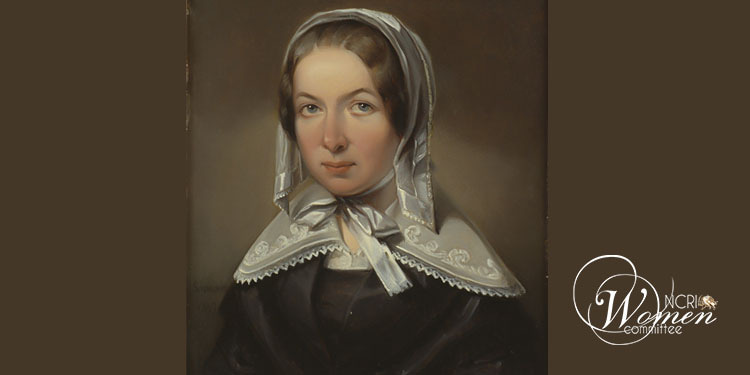Fredrika Bremer (17 August 1801 – 31 December 1865) was a Swedish author, feminist reformer, and humanitarian whose writings sparked a national conversation on women’s rights and social justice. Often hailed as the “Swedish Jane Austen,” Bremer used fiction as a vehicle for bold social critique, helping to ignite the feminist movement in Scandinavia.
Born into a wealthy family in Tuorla Manor, Finland (then part of Sweden), Bremer was educated at home, where she developed a passion for literature and philosophy. Her breakthrough came with the novel Hertha (1856), a powerful critique of women’s legal and educational limitations in 19th-century Sweden. The book catalyzed public debate and directly influenced legislative reform, including the 1858 law granting unmarried Swedish women legal majority at age 25.
In addition to her literary achievements, Fredrika Bremer was a fearless traveler and advocate for global women’s rights. Her travel writings from the United States, the Middle East, and Europe brought international perspectives to Swedish readers and strengthened her calls for gender equality, religious tolerance, and social reform.
Bremer’s legacy lives on through the Fredrika Bremer Association, Sweden’s oldest women’s rights organization, founded in her honor in 1884. Her work continues to inspire feminists, historians, and readers around the world.
























